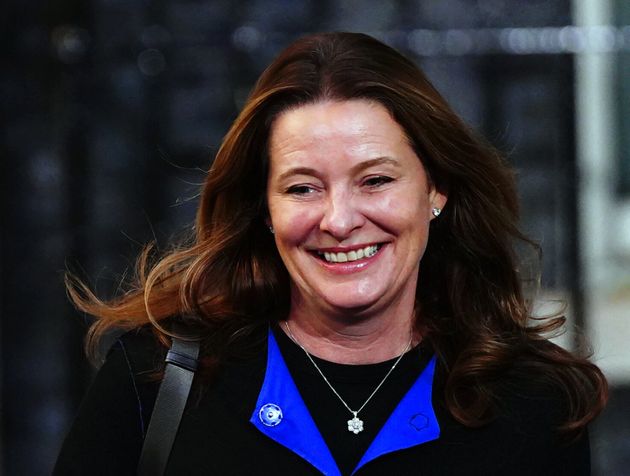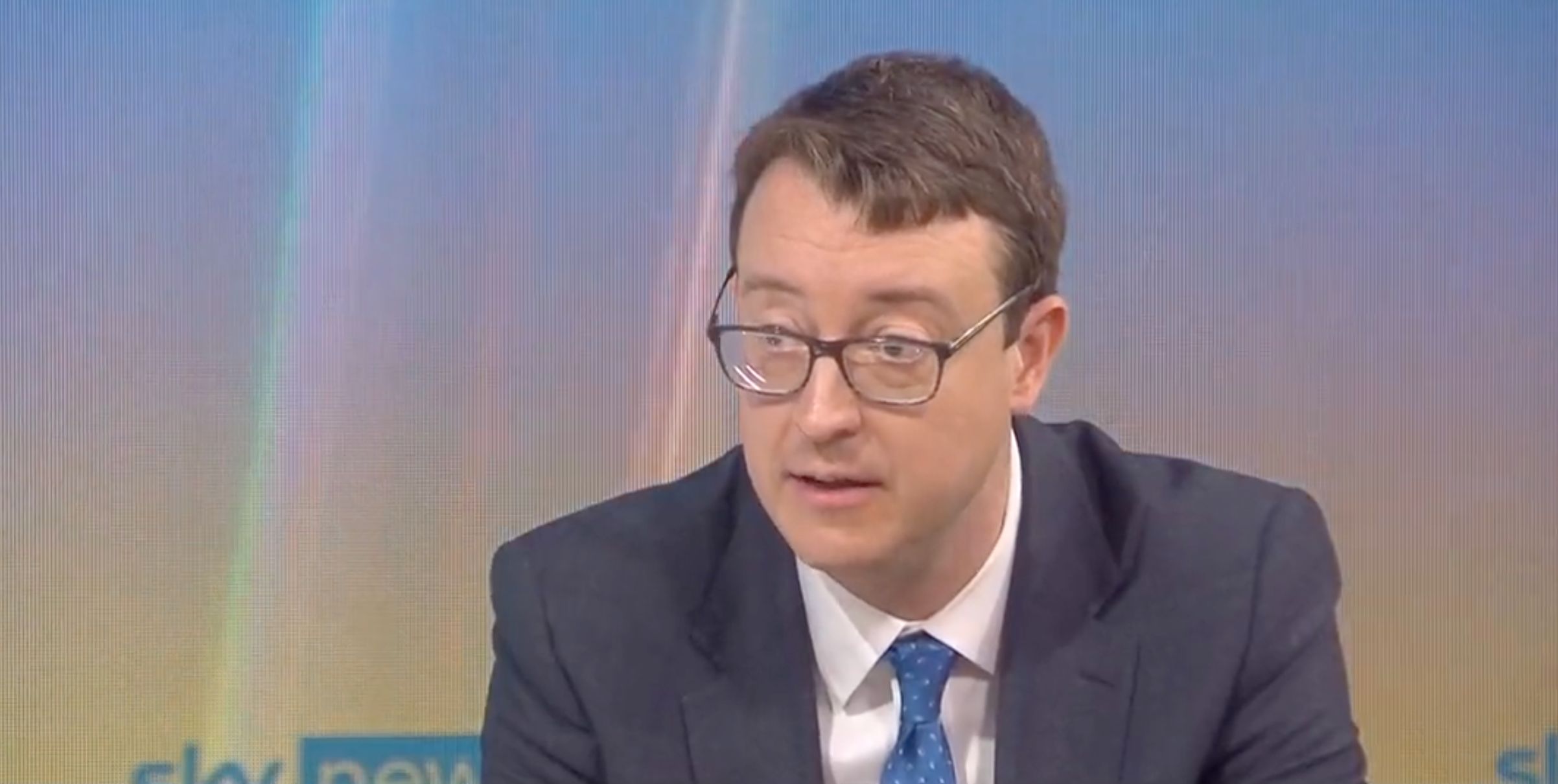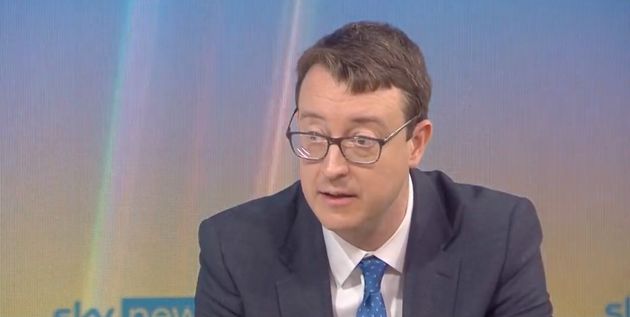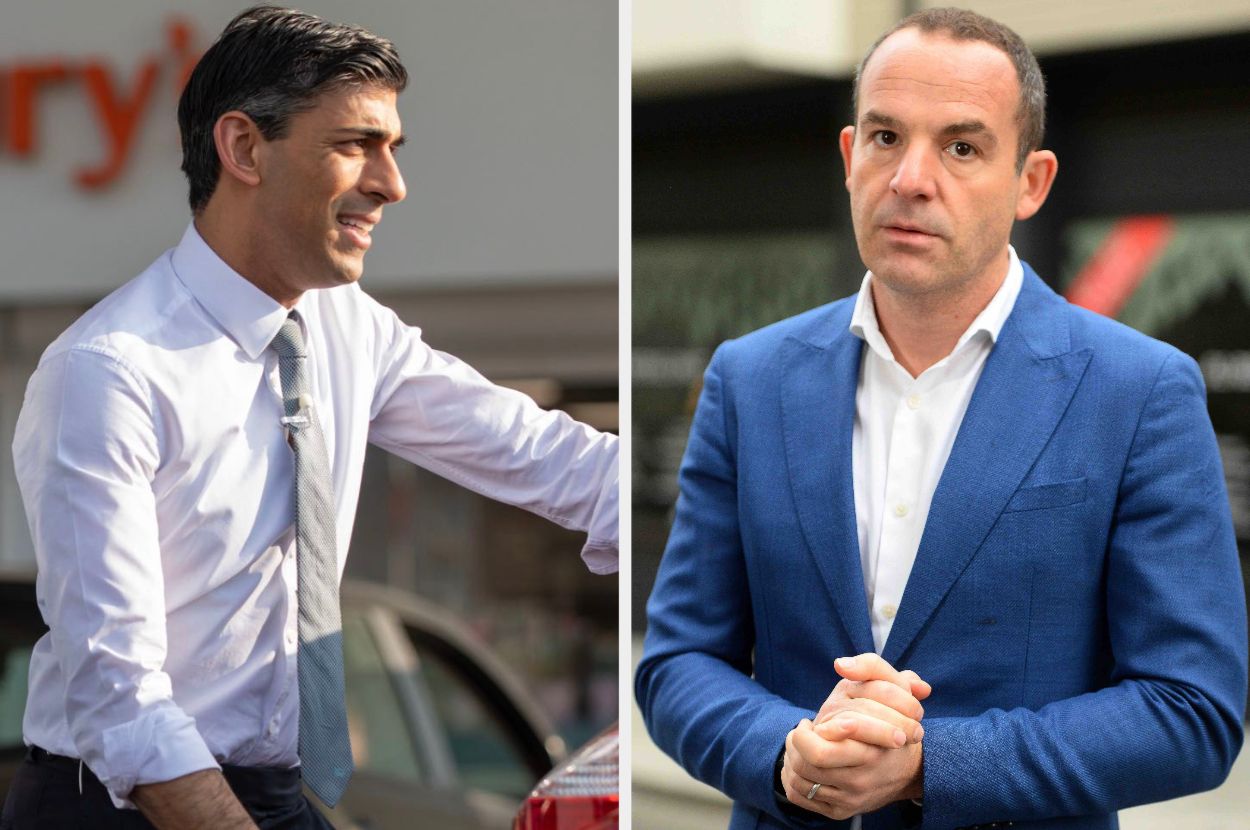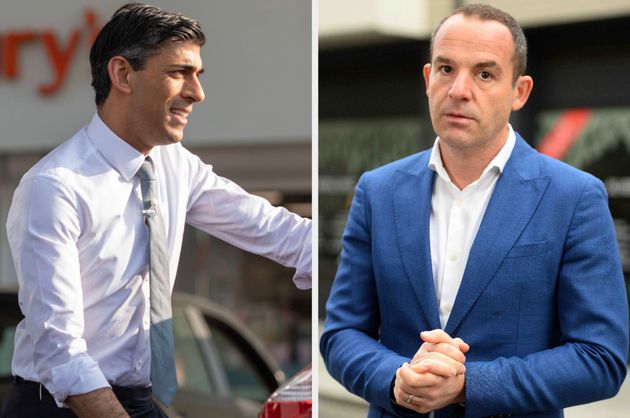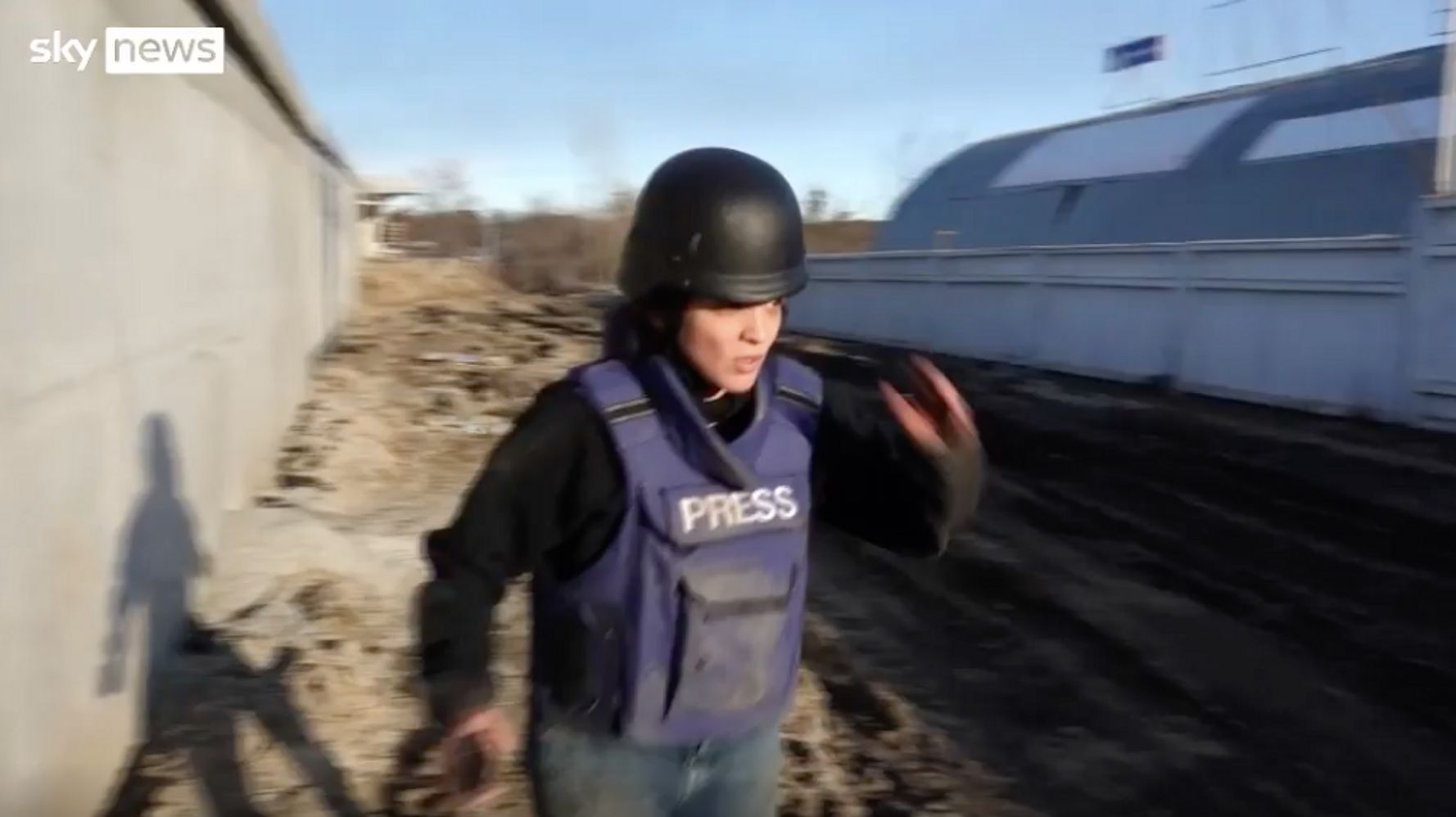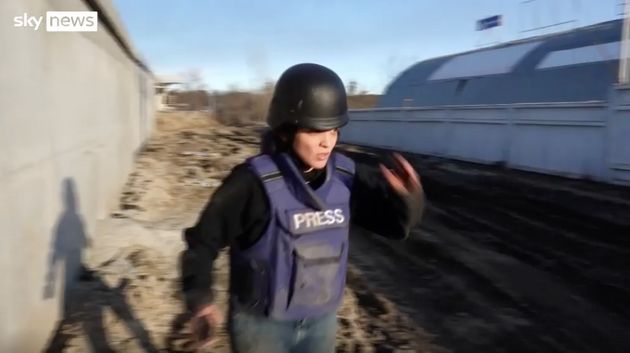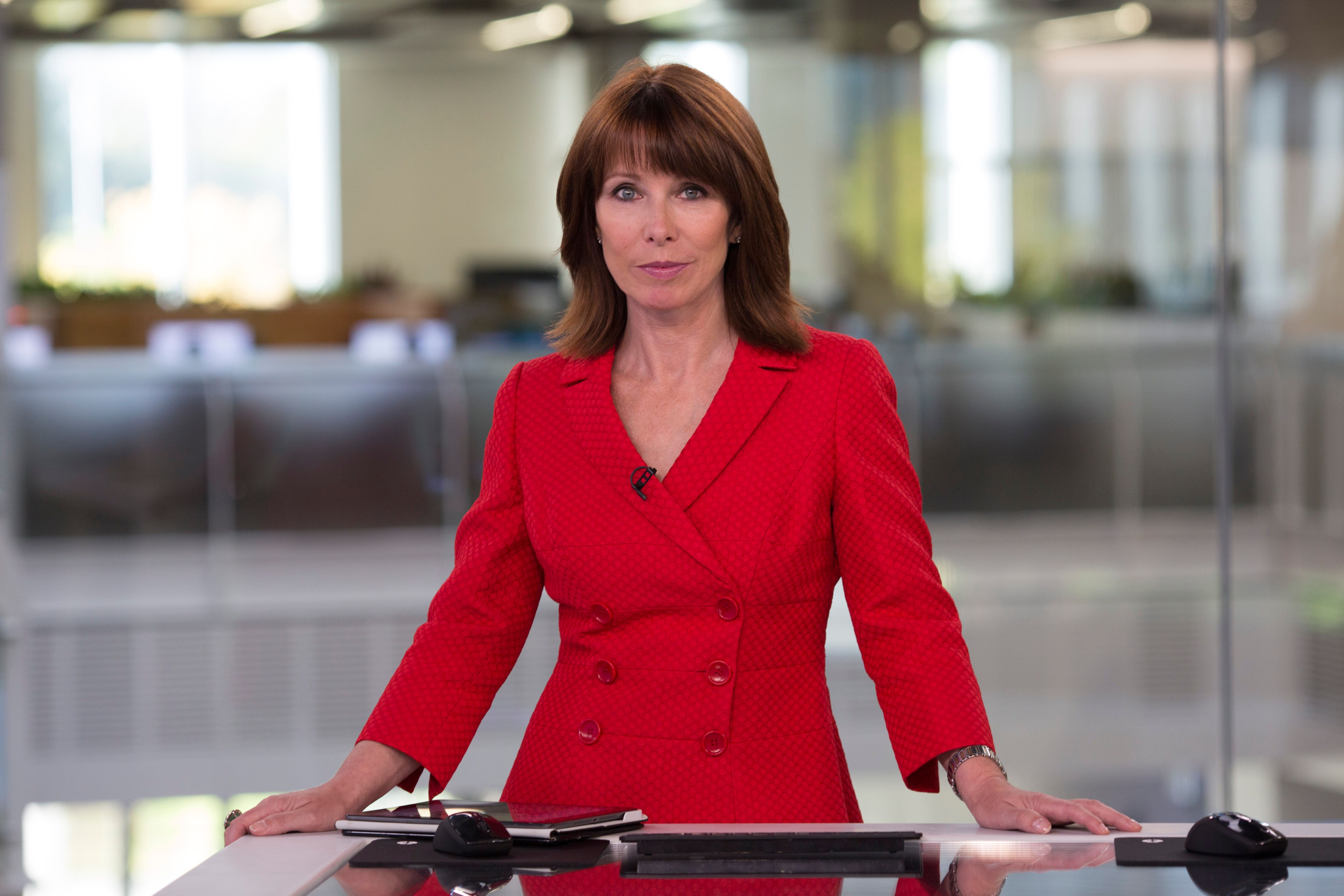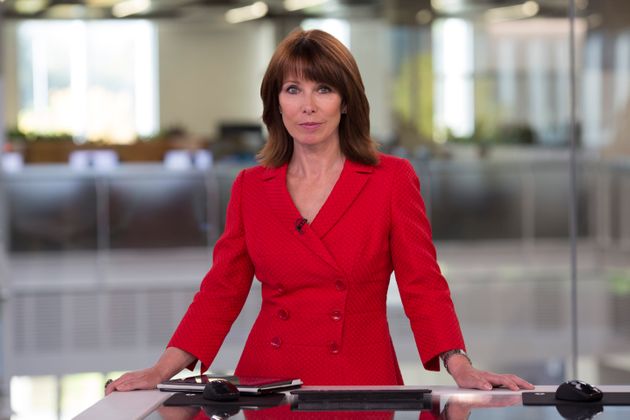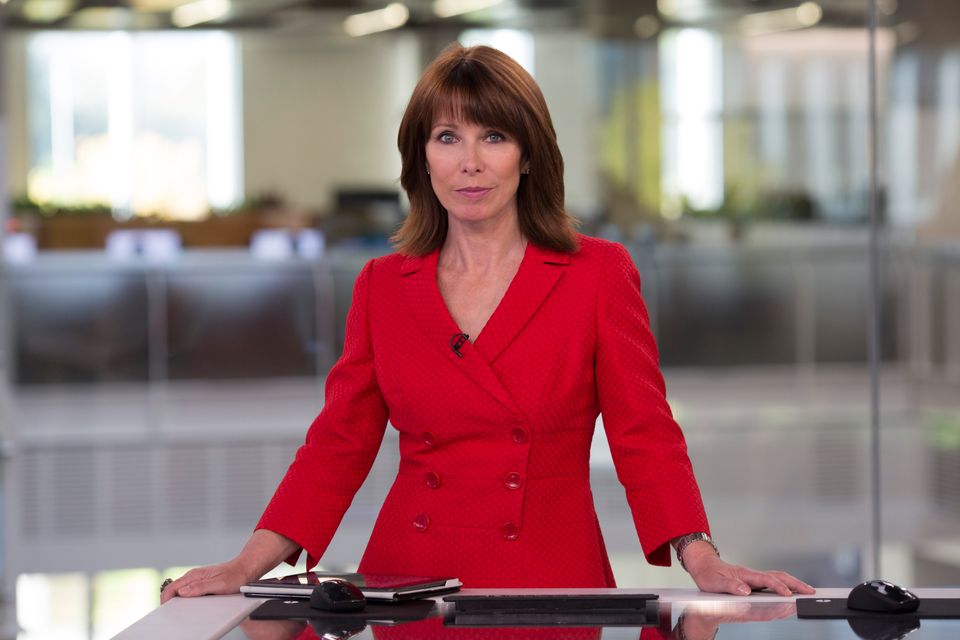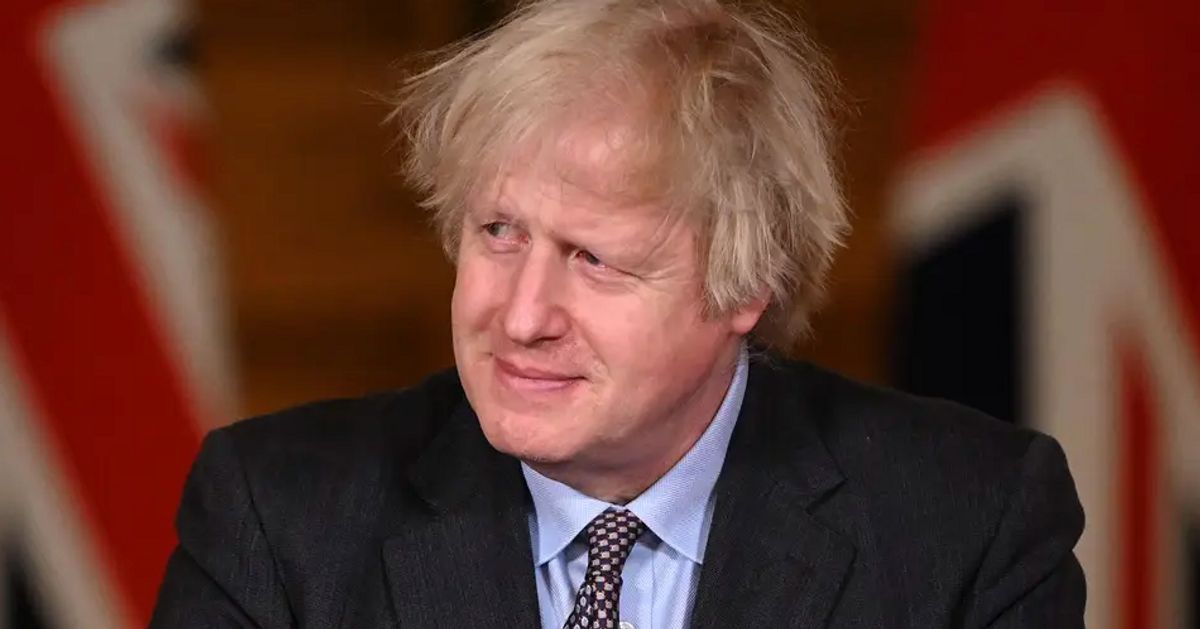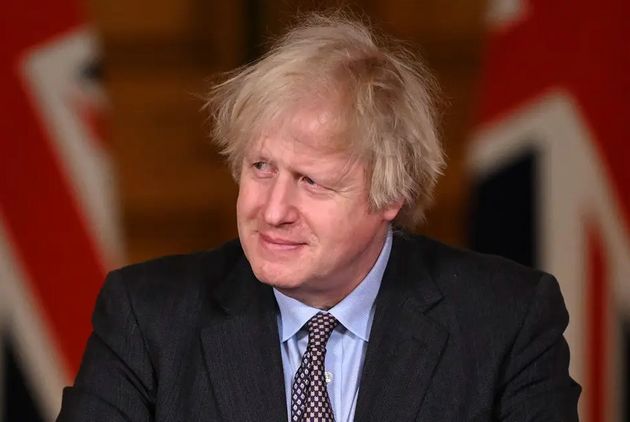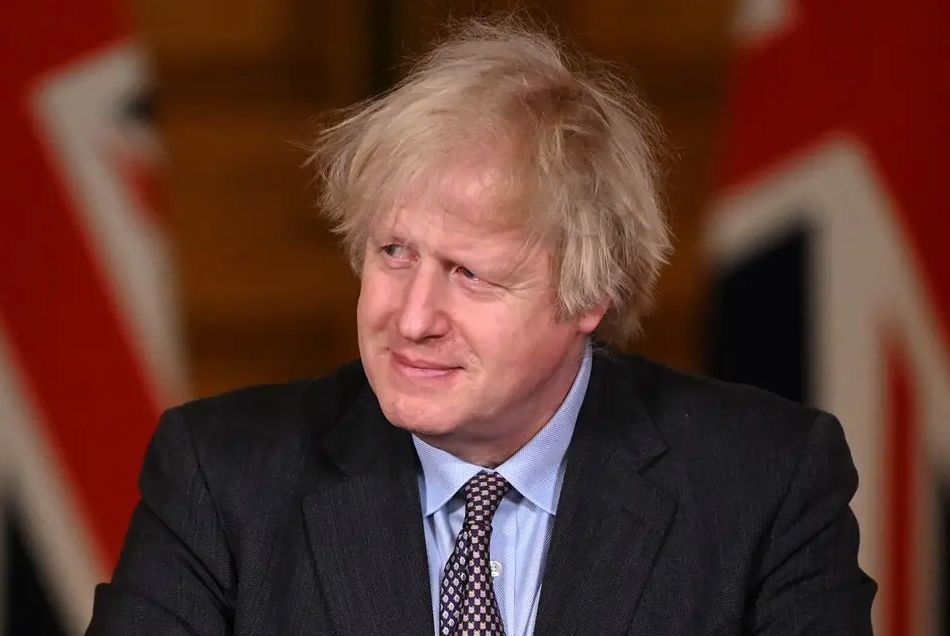Michael Gove said he made a “mistake” by thinking drug taking was “somehow acceptable”.
The senior Conservative MP was grilled over his own previous drug use after he revealed plans to ban laughing gas in Britain.
Nitrous oxide is set to be banned under government plans to clamp down on anti-social behaviour.
However, during the 2019 Tory leadership race Gove himself admitted to taking Class A drug cocaine.
“I took drugs on several occasions at social events more than 20 years ago,” he told the Daily Mail. “At the time I was a young journalist. It was a mistake. I look back and I think, I wish I hadn’t done that.”
Advertisement
The levelling up secretary said he had learned it was a “mistake” and it was “absolutely vital” to deal with the “scourge” of laughing gas.
Asked if the public might view his stance on laughing gas as “hypocritical”, he told Sky News’ Sophy Ridge On Sunday: “No, I think it is because I have learned.”
Pressed on what he had learned, Gove said: “That it is a mistake — worse than a mistake — to regard drug taking as somehow acceptable.”
Advertisement

Mike Kemp via Getty Images
Confirming the ban on laughing gas, Gove said: “I think anyone who has the opportunity to walk through our parks in our major cities will have seen these little silver canisters, which are examples of people not only spoiling public spaces but taking a drug which can have a psychological and neurological effect and one that contributes to antisocial behaviour overall.”
Laughing gas is the second most commonly used drug among 16 to 24-year-olds in England after cannabis.
The decision goes further than the recommendations of a review commissioned by the Home Office, which stopped short of recommending a ban after examining the dangers of the substance.
Advertisement
Gove accepted that ministers had been advised not to ban laughing gas but said the government had taken a different view.
“Of course it is absolutely right that we uphold the law in this case,” he added.
“Yes, the advisory committee offered their advice but ultimately it is ministers who are responsible.
“And we believe collectively that it is absolutely vital that we deal with this scourge and in the same way.”





